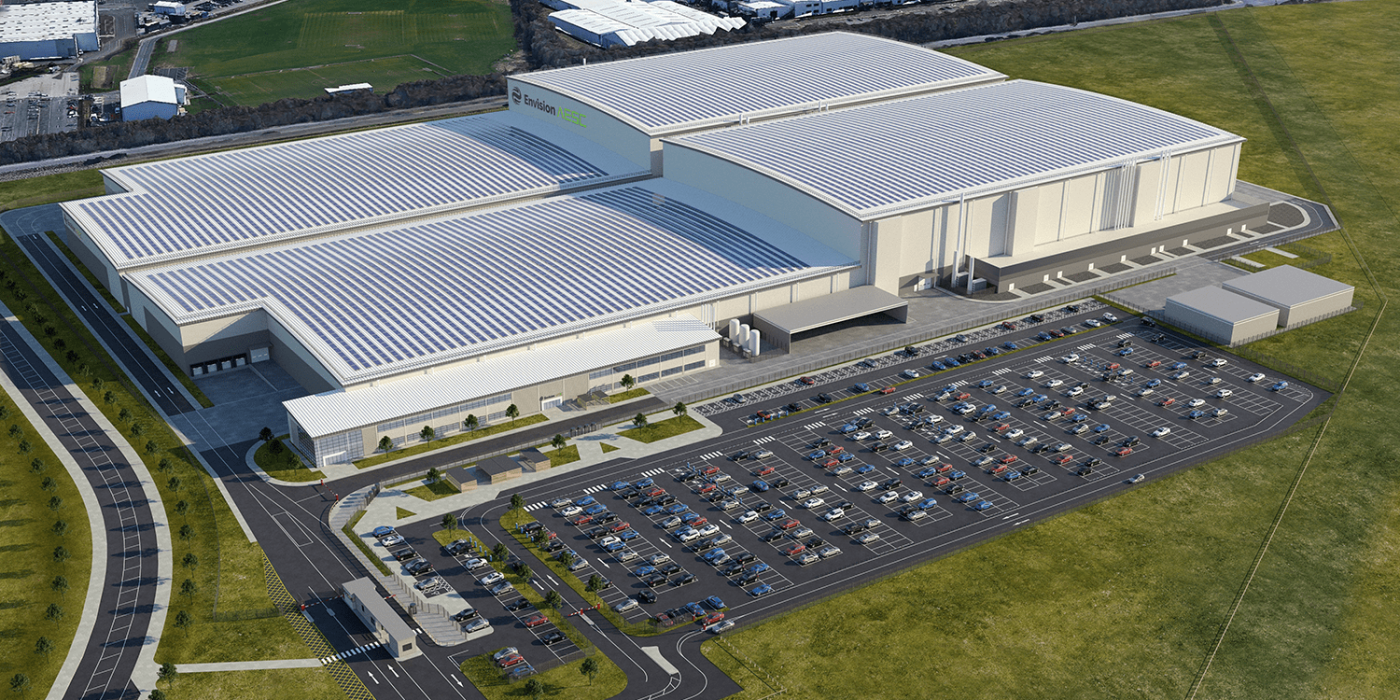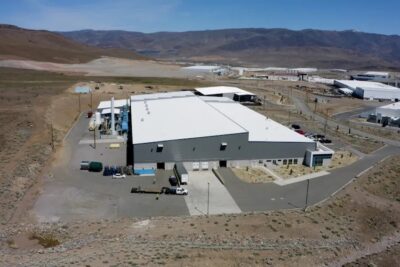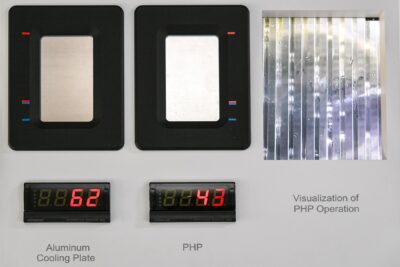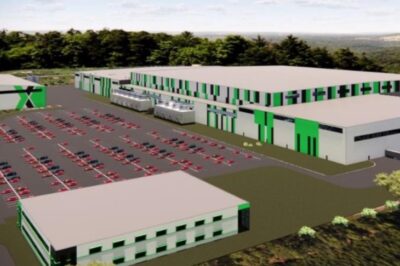Nissan confirms Sunderland battery plant & new BEV model
Nissan has now officially confirmed that Envision AESC will build a battery factory at its plant in Sunderland, England. A new electric model will also be produced there in the future. Both announcements are part of a £1 billion initiative by Nissan and Envision AESC called EV36Zero.
++ This article has been updated. Kindly continue reading below. ++
The battery factory of the Chinese partner Envision AESC will be larger than previously reported: the factory should now have an initial annual capacity of 9 GWh and grow to 25 GWh by 2030. Potentially, up to 35 GWh will be possible. By comparison, media reports recently spoke of an initial capacity of 6 GWh and later 18 to 20 GWh.
It is now also official that the battery factory will produce, among other things, a new type of cell with a 30 per cent higher energy density. However, Nissan did not go into more detail on this topic. It is also not mentioned whether only cells will be produced in the factory or whether modules and systems will also be assembled. The latter can be assumed, however, as the neighbouring vehicle plant presumably takes over the batteries in ready-to-install condition.
Battery partner Envision AESC says it will initially invest £450 million (about 525 million euros) in the ‘UK’s first Gigafactory’. This will be built at the International Advanced Manufacturing Park (IAMP), adjacent to the Nissan plant, where it can be “powered by renewable energy and pioneering next-generation battery technology”. Nissan says that the formal planning process for the plant is imminent. The company has not yet given a date for commissioning. Media reports have given 2024 as the target opening year.
While the location of the battery cell plant is no surprise (a feasibility study supported by the British government was launched in November 2020), in the same breath, Nissan has also announced that it will invest up to £423 million to produce a new electric model in Sunderland. This will be an all-electric crossover model based on the CMF EV platform from the Renault-Nissan-Mitsubishi alliance, for which Nissan plans to create production capacity for 100,000 vehicles per year in Sunderland.
The model will be designed for global sales and exported from UK production to those European markets traditionally served by Nissan’s Sunderland plant. Nissan has not yet confirmed any other production locations for the electric vehicle. Further details about the new vehicle are also to be announced later.
Both announcements are part of the “transformational project clustered around Sunderland” called EV36Zero, which is being launched with an initial investment of £1 billion (around €1.17 billion) by Nissan, Envision AESC and Sunderland City Council. The project comprises three interlinked initiatives that bring together electric vehicles, renewable energy and battery production. The aim is for the North East of the UK to become the new EV hub, with research and development around the entire battery lifecycle, including storage and secondary use of batteries, through to intelligent V2G charging and closed-loop recycling.
As a special project in this context, Nissan is holding out the prospect of a microgrid. According to initial plans, ten solar farms with an expected capacity of 132 MW could be linked to Nissan’s existing wind and solar farms and connected directly to the UK grid to supply Nissan and the automotive companies located in the adjacent International Advanced Manufacturing Park. The plans are being developed in close consultation with potential green investors from the private sector. It will be managed by Sunderland City Council. The initial investment is estimated at £80 million (around 93 million euros).
According to Nissan, it is also conceivable that a 1 MW battery storage system could be integrated into the microgrid, which could consist of used Nissan EV/Envision AESC batteries and serve to temporarily store surplus renewable energy. Part of the background to the initiative is that Sunderland has committed to becoming a carbon-neutral city by 2040.
According to the Japanese partners, the announced projects will create 6,200 jobs at Nissan and its UK suppliers, including more than 900 new Nissan jobs and 750 new Envision AESC jobs at its battery plant. Envision AESC also says it will increase the above initial investment of £450 million in the manufacturing facility to £1.8 billion “in a later phase”, the equivalent of around 2.1 billion euros.
The company is already known to operate a 1.9 GWh plant on site, which was built in 2012 still under the direction of Nissan. At the time, AESC was still operating as a battery subsidiary under the umbrella of the Japanese carmaker. Within the last nine years, “enough cells, modules and packs for over 180,000 electric vehicles in 44 countries” have been produced at the plant. Most notably for installation in the Nissan Leaf and e-NV200.
In 2018, Nissan sold its battery subsidiary to Envision Group Envision AESC. The latter has since maintained the Sunderland plant but also operates facilities in Japan and the United States. According to the company, annual production capacity adds up to 7.5 GWh, which comes together from 3 GWh in the US state of Tennessee, 2.6 GWh in Kanagawa, Japan, and the said 1.9 GWh in Sunderland, UK. AESC Envision has also started construction of a plant in Wuxi, China, in 2019, which is expected to have an annual capacity of 20 GWh.
Nissan’s vehicle production in Sunderland has been in place for 35 years. Current production includes the Nissan Qashqai, Juke and Leaf, most of which (70 per cent) are exported to mainland Europe. 20 per cent are sold in the UK and a further 10 per cent are exported to markets around the globe. Also based in the UK are Nissan’s European design centre in Paddington, London and its research and development centre in Cranfield, Bedfordshire.
Update 20 December 2022
Nissan’s UK plant in Sunderland has produced its 250,000 Leaf electric vehicle. In 2021, Nissan’s Sunderland plant was announced as the home of EV36ZERO, a £1 billion flagship electric vehicle manufacturing ecosystem bringing together electric vehicles, renewable energy and battery production.
“This year we have completely electrified the plant’s line-up with the new versions of Qashqai and Juke launched, so lighting up the Christmas tree with our original EV is a spectacular and appropriate way to end 2022,” explained Alan Johnson, Vice President of Manufacturing at the Sunderland plant, adding: “Passing a quarter of a million Nissan LEAF is a tremendous milestone, and demonstrates the electric vehicle manufacturing expertise we have built up at our plant over the past decade.”
With reporting by Cora Werwitzke, France.
global.nissannews.com, nissannews.com (update)





1 Comment